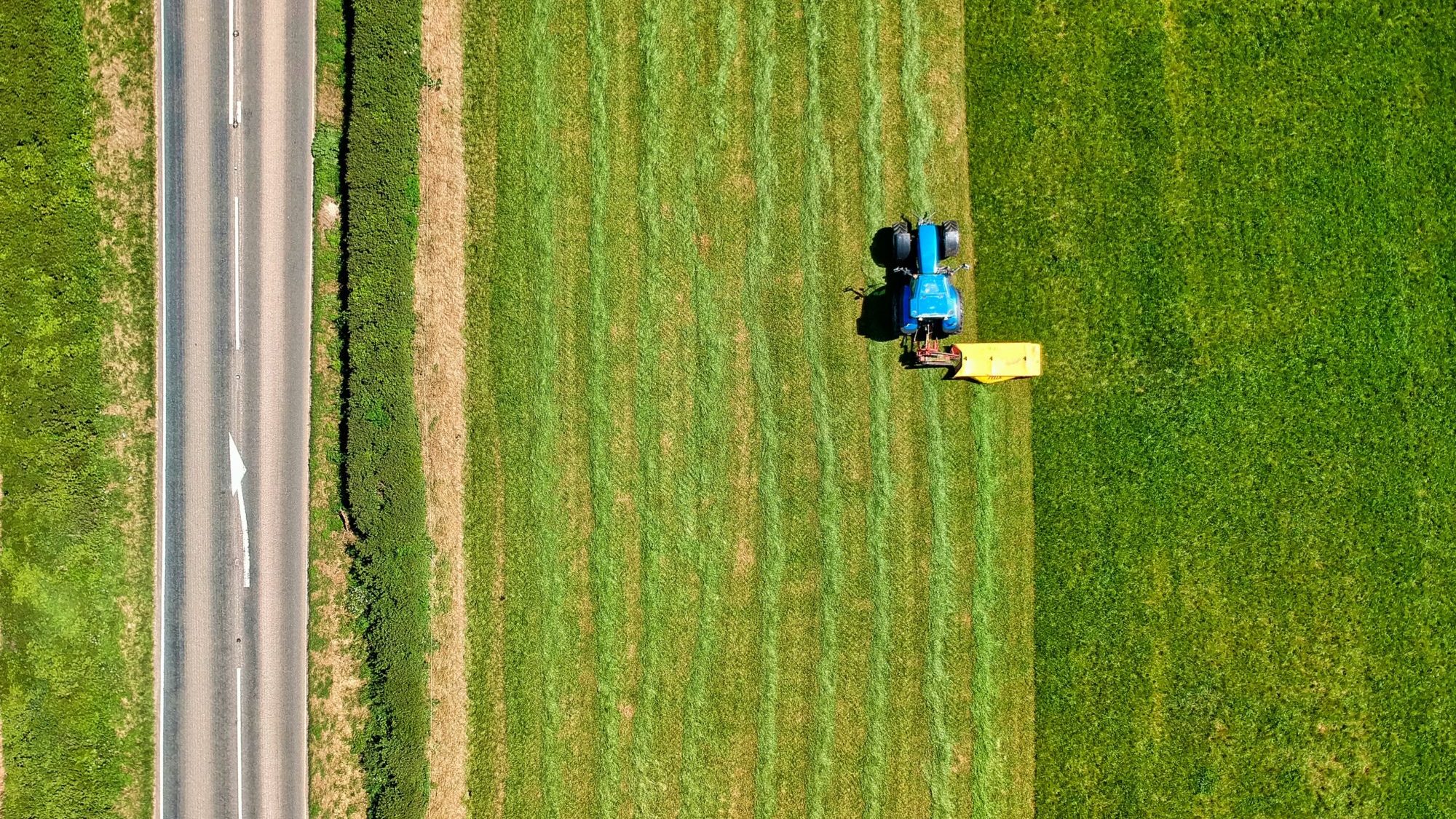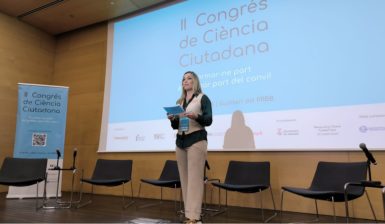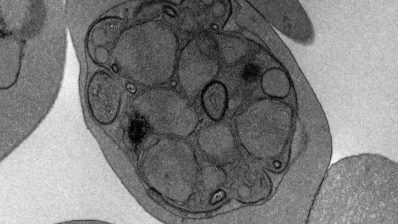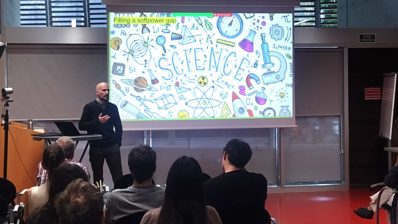Studying planetary health goes beyond understanding the relationship between human activities and natural systems. Therefore, the Barcelona Institute for Global Health (ISGlobal) has organized a webinar conference series to expand the scope of research in planetary health in Europe. The aim of these meetings is to share visions between European researchers and institutions, to update knowledge and to develop new research projects and action plans.
We tell you about the second session of this webinar series, held on March 2nd, about the challenges to be solved in order to have a sustainable production, distribution and consumption food system.
Sustainability and health of food systems
Malnutrition and hunger are growing without control. And paradoxically, at the other end of the scale, obesity and food waste are increasing, too. Experts agree that the food system must change towards healthy and sustainable diets. But how do we face this titanic challenge if each country has its peculiarities?
“The food system is not moving in the right direction. There are people suffering from malnutrition and, on the other hand, there is food waste. And we are degrading the enviroment”
Anna Lartey – University of Ghana
According to the seminar speakers, following a planetary diet would improve the world’s food system sustainability. This is a flexitarian diet where the main foods are fruits and vegetables, and legumes are prioritized over red meat consumption. But beyond the food we eat, Sara González, from the University of Santiago de Compostela, stated that we must also consider water and carbon dioxide footprints associated with food production and manufacturing.
Eating more fruit, legumes and vegetables won’t solve all problems
Pauline Scheelbeek, from the London School of Hygiene & Tropical Medicine, said that in the years to come, European agriculture will have to cope with rising temperatures and changes in the pattern of precipitation due to climate change.
Therefore, it is reasonable to think about the possibility of consuming meat and other foods produced in the laboratory. And here, Hanna Tuomisto, from the University of Helsinki, made it clear. The main impact of producing these products is energy consumption. And if you go for renewable energy, these synthetic foods will have a lower impact than a plant-based diet.
“Our diet is linked to our culture and values. We will need to work hard to change our ways”
Minna Kaljonen – Finnish Environment Institute-SYKE
According to Minna Kaljonen, our diet is linked to our culture and values. She wanted to remind us that in Finland, eight out of ten men eat more meat than the standard recommended, whereas only four out of ten women follow this excessive consumption. For this reason, the work presented by Brian Cook, from the University of Oxford, is specially relevant. He presented the factors that condition decision-making when choosing the foods to be consumed.
The role of institutions
The counterpoint to researchers’ opinion came from Dora Szentpaly-Kleis, who presented the Farm to Fork program. It is a proposal from the European Commission to promote a fair, healthy and environmentally friendly food production system.
The webinar series ‘Expanding the scope of research in planetary health in Europe’, consists of five sessions on:
- Strengthening Planetary Health Research and Action in Europe
- Food Systems, Sustainability and Health
- Energy Decarbonization, Health and Equity
- Promoting Health through Sustainable Urban Development
- Catalyzing demand for Planetary Health in Europe
The five webinars, broadcasted during February and March, are organised by the ISGlobal n collaboration with the LSHTM – Centre on Climate Change & Planetary Health and the Finnish Institute for Health and Welfare (THL). To join the Catalyzing demand for planetary pealth in Europe session next March 24th, you can register on the ISGlobal website.







